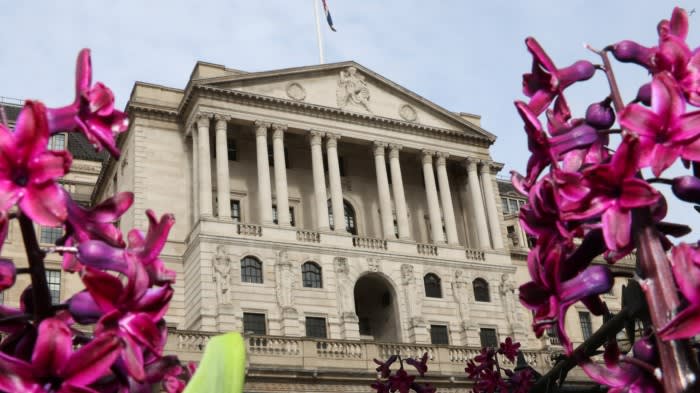Unlock the Editor’s Digest for free
The Bank of England is probing how UK businesses would be hit by the reversal of a long-running private equity boom, officials said, as they escalated warnings about leverage, transparency and valuations.
On Wednesday, the BoE’s financial policy committee, which monitors risks to financial stability and develops policies to offset them, said: “Finance for riskier corporates could be particularly vulnerable to a significant deterioration in investor risk sentiment.”
It said that the likelihood of a “sharp correction” in some markets had increased since December as prices rose despite a cloudy outlook.
Officials added they would examine the relationships between private equity firms, which are facing higher borrowing costs, and the UK companies they own.
Major private equity-owned UK companies include supermarket chains Asda and Morrisons. The BoE will update on the work in June.
The private equity industry has swollen to $8tn in assets globally. Higher interest rates are already hitting private equity firms’ ability to finance new deals for companies and have also increased borrowing costs at some businesses they already own.
Some of the affected companies are looking at novel ways to refinance their debts, including “amend and extend” agreements that alter the terms of a loan and push out its repayment date.
The BoE warned that while such arrangements could “smooth through the stress”, they could also “add to corporate debt burdens” and ultimately lead to higher defaults.
Despite sounding alarm bells about private markets for months, the BoE’s understanding of the financial stability implications of a private equity slowdown is less comprehensive than that of the risks from banks.
“The extent of transparency around asset valuations, overall levels of leverage, and the complexity and interconnectedness of the sector make assessing financial stability risks difficult,” officials said.
The picture for the UK economy and households overall was better, however. The BoE pointed to an improved outlook for borrowing levels even before governor Andrew Bailey last week signalled he was closer to cutting UK rates from their current 16-year high of 5.25 per cent.
Officials said the proportion of households falling behind on mortgage payments was likely to increase from the current level of about 1 per cent, as the impact of past rate increases hits borrowers when their loans are renewed. UK mortgage arrears peaked at 2.4 per cent in the financial crisis.
Businesses have been “broadly resilient” to higher interest rates and weaker growth, but the higher borrowing costs have yet to be felt by all firms, the BoE said.
It added that some smaller or highly leveraged companies might “struggle to service their debt”.
Also Read More: World News | Entertainment News | Celebrity News









